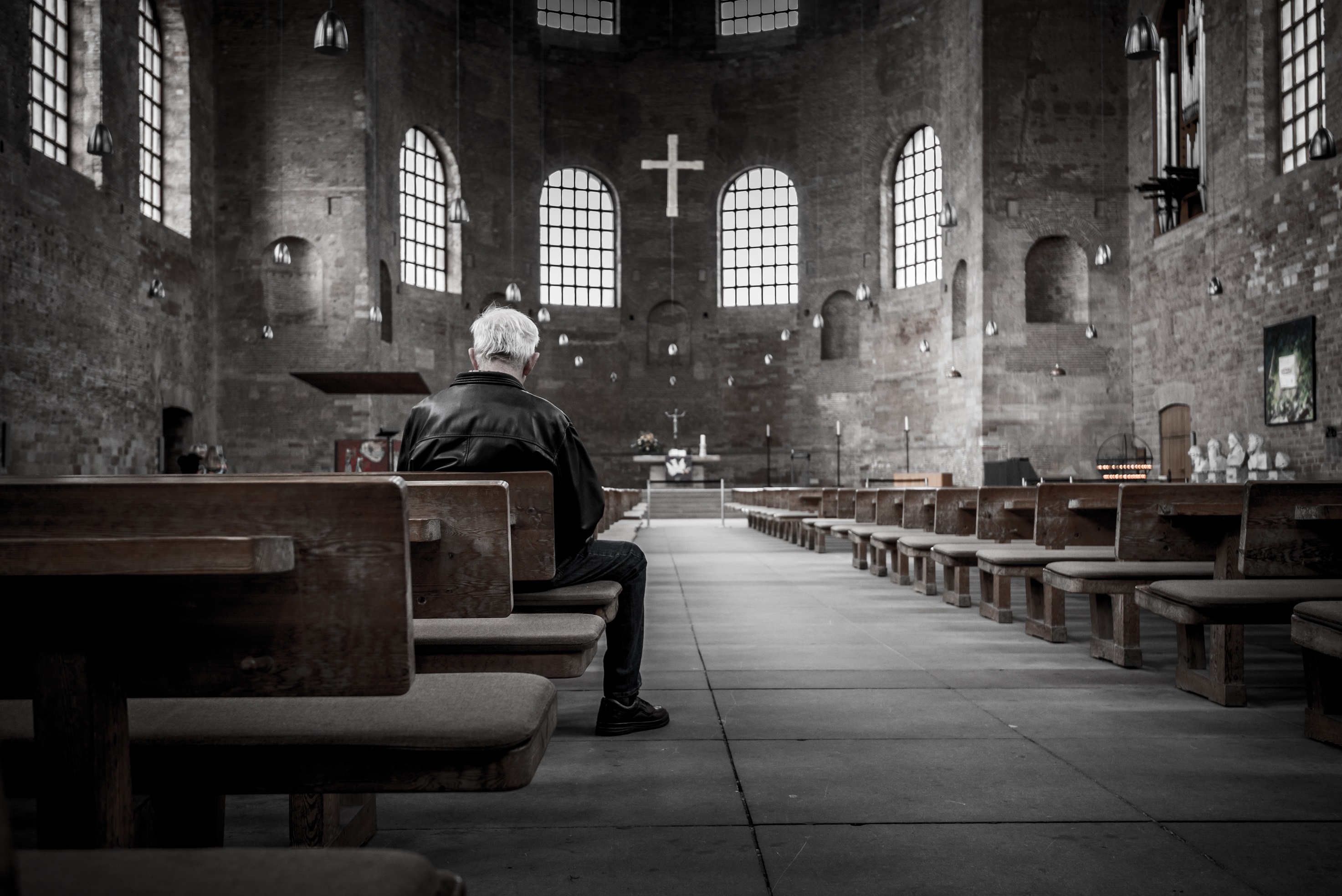This simple question lends itself to a rather more complicated answer, which begins with a bit of history about Jacob L. Moreno, M.D., the founder of Psychodrama. Both of Moreno’s parents were Sephardi Jews, but by all accounts Moreno was not particularly religious. He was however deeply spiritual.
Moreno believed that we are all connected to and with the creator. This creator, or Godhead, is from where all of our creativity derives. The Godhead has limitless creativity and spontaneity, and the more we are connected to this source, the more we are able to be both spontaneous and creative. Part of the work of psychodrama is to remove any blocks to accessing the spontaneity and creativity required to adequately perform the various roles in our lives.
J.L. Moreno was a younger contemporary of his far more famous college Sigmund Freud. Both were psychiatrists, but Moreno is known in the area of psychiatry and psychology primarily because he pioneered and established group psychotherapy, and as part of this group therapy, he also developed a number of action-oriented group processes including psychodrama, sociometry, sociodrama, role play, and role training, among others.
Moreno believed that the relationships among the various roles in a psychodrama, including the director, protagonist, auxiliaries, and group members or witnesses, are all in co-creation with one another. In this way the various roles are co-equal with one other, and everyone involved in a psychodrama becomes a therapeutic agent of the other.
As the psychodrama unfolds within the group, the group members, playing each of the necessary roles, co-create the drama. However, because all of the group’s creativity and spontaneity comes from the God Head, or source, all group members also are in co-creation with the cosmos.
While it’s fair to say that Moreno’s vision of the God Head is non-denomination and more than that, non-religious, it is also fair to say that for many, including Moreno, psychodrama is a deeply spiritual experience. How the various group members experience this spirituality however, is likely to depend on their own spiritual and/or religious orientation, and the role these take in their own life.

